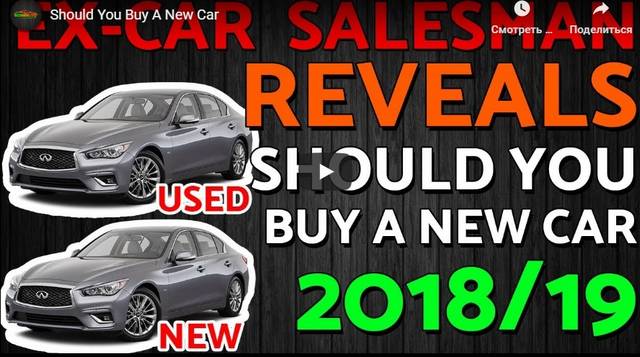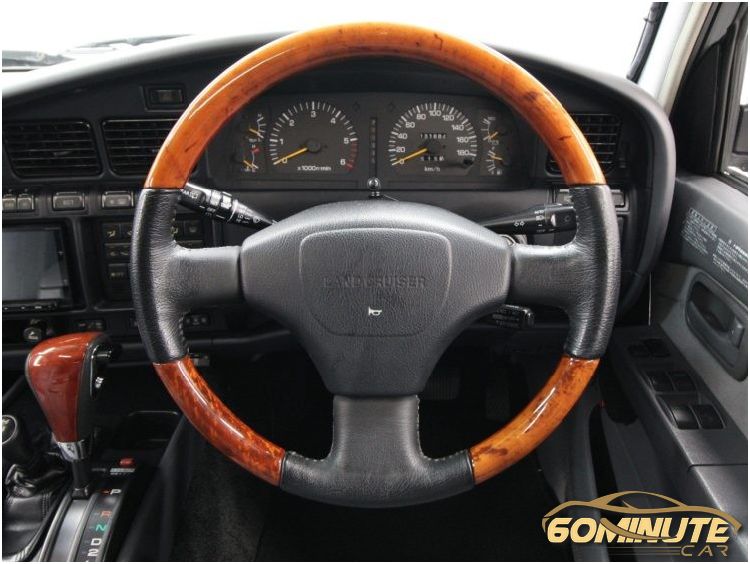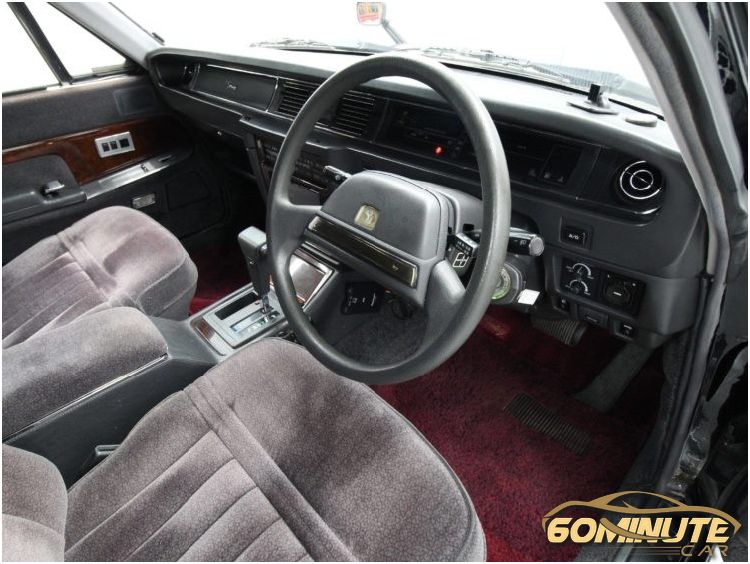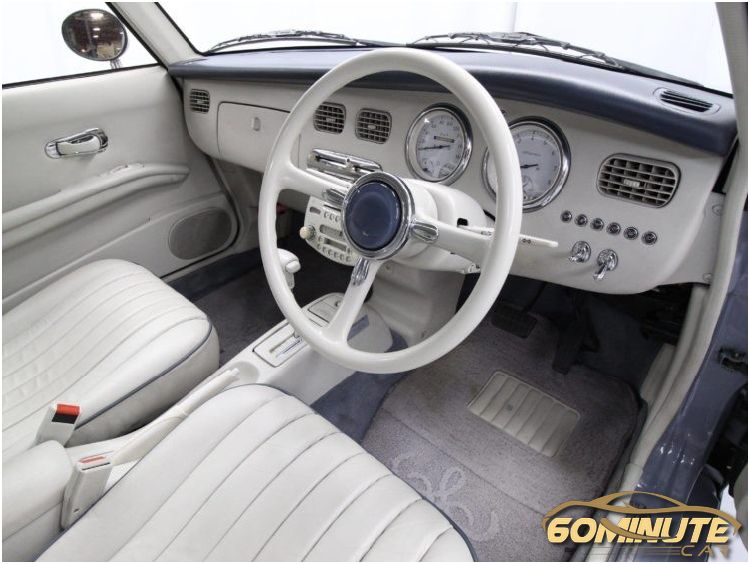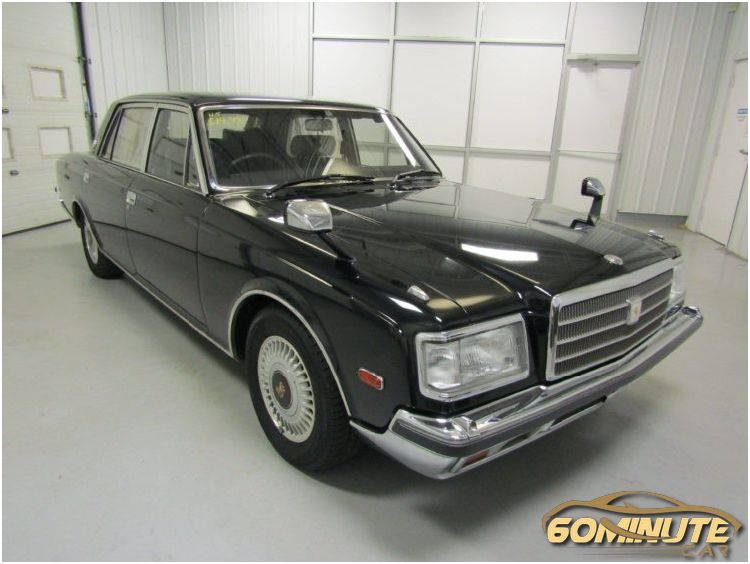Should you buy a new car?
This is a question most car buyers ask themselves (and just about everyone they know) when the time comes to purchase a vehicle. You can bet everyone will have an opinion, generally based on personal experience. As with most personal experiences, those who had a bad one will offer the strongest opinion. One of the best things you can do when looking to buy a vehicle is to do some research. That’s what this is all about.
Usually, the first thing that happens when you decide to purchase a new car is sticker shock. As in “Wow! This car is really expensive!” Actually, that depends upon the car. A high-end sports car? Yes, they’re expensive. Your basic sedan? Probably not, particularly when compared to the related costs (interest rate, insurance rate, monthly payments) you’ll have when you purchase a new car as compared to those costs when you purchase a used vehicle.
YOU CAN CHOOSE THE VEHICLE YOU WANT
There are a lot of benefits to buying a new vehicle. The biggest benefit is that you can get the vehicle you want. Whether you’re looking at a new car or truck, a car dealership will have a wide variety of each in the size and price range you want. You’ll be able to buy one in your favorite color. You can equip the vehicle with whatever features you like. You can get leather upholstery. Or cloth. You’ll be able to upgrade the audio system and make sure the vehicle has the communication and navigation system you want. You can also test-drive any or all of the vehicles at which you’re looking. If the exact vehicle you want isn’t at the car dealership, the dealer can possibly find it at another dealership for you. Your dealer will buy the vehicle from the other dealer and you’ll have the car or truck you want.
Compare that to shopping for used vehicles. When you buy used, say a 2016 model, you’re getting the latest automotive technology…for 2016. Plus, you’re getting old accessories and features, including outdated safety features. There are a lot of changes in the automotive business every year. When you look at a used vehicle that’s three or four years old, you’re looking at old technology. There are enticements presented to make pre-owned cars look like a good alternative. Some dealers will offer a discounted interest rate on certified pre-owned cars. However, these interest rates are generally higher than those available on new cars. It’s a simple proposition: what you see is what you’re going to get. There’s a word for it and that word is SETTLING.
CHEAPER AUTO LOAN
Another benefit is buying a new car is the interest rate on your auto loan. There are two items to consider here. First, interest rates for new car buyers are lower because these car buyers generally have better credit ratings. New car buyers also benefit from lower, promotional interest rates and cash rebates that are sometimes available when buying a new vehicle. Second, lenders see less risk in auto loans for new cars than used cars. Combined, these elements can help deliver the monthly payments you’re willing to make for your new vehicle. Understand, car buyers with less than stellar credit can qualify for new car loans, but their interest rate will usually be several points higher than car buyers with good credit scores. There is a benefit here for these buyers. When you make monthly payments on a new vehicle, you’re building a better credit score.
There are some people who will tell you not to buy a new car unless you can pay cash. While it’s great to not have a monthly car payment, there are benefits to not pay cash for a new vehicle. It doesn’t make a lot of sense to spend thousands of dollars on a vehicle when low interest rates are available. Keep your savings or use the money for something else. Don’t pay a dealer $20,000 to $30,000 when you can make a down payment for a fraction of either amount, get an auto loan with a low interest rate and help build your credit history. Cash is a nice tool to use when making a car deal, but it makes more sense to use it for your down payment.
DEPRECIATION AND TRADE IN VALUE
Some of the people you ask about car costs will mention depreciation. Car buyers aren’t generally thinking about depreciation when shopping for a new vehicle. There’s an old adage out there that goes “…a car loses 50% of its value as soon as the rear bumper crosses the dealer’s driveway…” Yes, cars depreciate. No, cars don’t depreciate that quickly. It’s a good idea to spend some time, before you get to the car dealership, looking at the resale value of vehicles. A good source for this information is Consumer Reports. The vehicle with the current highest resale value will bring in 61% of its Manufacturer’s Suggested Retail Value (MSRP) after five years. That’s really good. Chances are you’ll be making at least 60 monthly payments on your new car. You’ll want that car to be worth as much as possible when its paid off.
INSURANCE RATES
Another benefit to buying a new vehicle is insurance. Your auto insurance rates will likely increase when you start driving a new car. How much depends upon your insurance company and the year, make and model of your previous vehicle. The insurance rates for new vehicles are surprisingly low, especially if you’re trading in a vehicle that’s pre-2018. Insurance companies love the fact new vehicles are full of safety features and anti-theft devices. Couple those with a good driving record and your insurance rates might even go down.
There are people who will tell you used cars are cheaper to insure than new cars. That’s not true. A lot of items go into determining the cost of car insurance. Parts for new cars are readily available, not so much for older used cars. How popular is your make and model with car thieves? The most popular cars to steal are mid-90s Honda Accords and Civics as well as early-90s Toyota Camrys. Why? The parts used on these older models are basically the same parts used on newer models.
THERE’S USED AND THEN THERE’S USED
Another aspect to think about with used cars is exactly HOW used they are. If you are looking at used cars and find one that’s one or two model years old, chances are it was a rental car. Keep in mind the people will drive a rental much differently than the way they’d drive their own car. Rental cars have some HARD mileage on them. Speaking of mileage, the automotive industry average is 15,000 miles driven per year. Most cars are traded in after three to five years on the road, meaning they have 45,000 to 75,000 miles on them. Plus, cars tend to start having mechanical problems at the three-year mark. When cars begin to approach the 100,000-mile level, it’s good to have credit cards to help cover maintenance.
IS THERE A BETTER TIME TO BUY?
There are four good times of the year in which to buy a new car. The exact dates are March 31, June 30, September 30 and December 31. These are the last days of each quarter. Car dealerships are either looking to wrap up the quarter with great sales numbers or are looking to hit their quarterly goals. Either way, your total costs will generally be lower when you buy at the end of a quarter.
Don’t forget the biggest plus in buying a new car or truck: that new car smell. It doesn’t cost anything, but it can provide the greatest thrill in driving a new car.
Hey my name is Den. I used to work at the biggest dealership in that country and now I teach fine folks like you how not to get F•••ed when buying their car. Kind of a cool gig huh. Thank you. Thank you. Someone has to do it. I didn’t choose this life this life chose me. But in this video I want to talk about car prices depreciation and should you buy a new car. I mean that’s what you’re looking here. That’s why you’re here. That’s why you’re wasting your time or spending your time. Why should you buy a new car. Well you shouldn’t you buy a new car. The short answer is as absolute F•••ing locally not. But because you probably don’t believe me and you think you know better than me. I’m going to show you a couple examples and we’ll see how what your decision is. If maybe just the tiniest bit I can make an impact on your decision. Let’s jump into it. So the first car we are going to start with is going to be this beautiful BMW 5 serious looks amazing. However in three years it will drop fifty two percent. So the cars we’re gonna go over are in three years. That’s not five years that’s not 10 years. Only three years. That’s the coolest part. Three years later you can buy the same car for 52 percent less it will drop more than half of its value.
Kind of cool huh. Next VW Passat it will drop 50 percent of its value in three years later you can buy for 14 15 thirteen thousand dollars. Depends how good your negotiation is. Mercedes E class this was one of my favorite cars not to buy. Forty nine percent depreciation. BMW three serious Forty nine percent depreciation not done just yet. Look at this beautiful Jetta. Forty eight percent depreciation you can buy this thing for 13 grand. Here’s another one. Audi 8 3. This is probably the worst car you can ever buy from German cars. Not only because German cars are extremely unreliable but this car will be unreliable and it’s tiny as hell. I mean the backseat on this car is non existent unless you’re a backseat passengers will be chihuahua and a caprice pack no human being will ever fit in the backseat of one of those things. Ford Taurus Forty nine percent depreciation. In fact for tourists does not even exist anymore. They don’t exist anymore. They have been canceled unless you’re buying Ford Taurus essay show which is burning snazzy car with three hundred sixty horsepower that you can easily bring it to over 450. Then stay away from Ford Taurus this Chrysler 200. Same thing. This car is not even being made.
That’s how great this car was. That’s how good of a car they were making. Don’t ever buy Chrysler anything but especially this car. Ford Focus forty five percent. I don’t know why this car doesn’t have a 100 percent depreciation because the quality of their transmissions is so low it’s such a garbage car that I don’t know how this car has legally be being allowed to make even. Thank God it was canceled and they’re never making it again. But stay away from this car. At all. Don’t even look at it don’t even think about it. Next one Cadillac s r x. So this guy has 47 percent depreciation and this is only one of two SUV that actually has absolutely mindblowing depreciation. This thing is falling down a cliff like a rock and nobody is even trying to stop it. In fact if you look at the car on the first generation of this car it looks better than the second generation of the car. People who were making this car didn’t even want this car to sell. This is the second SUV that will be depreciating absolutely immensely at forty six percent. Here’s the crazy part. It looks horrific. No wonder that this car is depreciating so bad it looks ugly as hell and it’s a seven seater OK. Cars are depreciating like hell. No question about it.
I’m just showing you some worst case scenarios and why you should never buy a new car. But SUV ease their depreciation rate is typically about 45 to 43 percent. It’s not as bad as sedans. We’re just going over sedans. If you’re looking to buy a car buy an SUV because you’re going to be able to resell it later on for more than a typical sedan because sedans are going out of style since 2014 15. Unfortunately no salesman will tell you about it. I actually made a video death of sedan. Check it out on my channel next one recent maxim of forty seven percent depreciation over three years. All these cars are only three years. I mean they have to wait for five years. Three years later for eighteen thousand dollars you can have this puppy infinity Q 50. I actually know this car really well. Fifty four percent. Next we’re going to go over two cars that have depreciated immensely over one year. Only one here Toyota Camry lost 31 percent. Cadillac CBS will lose 34 percent Lincoln M. Casey will lose another 34 percent. Cadillac x s will lose another thirty eight percent. Volkswagen S.C. will lose thirty nine percent Chevy Impala will lose 60 percent. No unfortunately it’s not that Impala. It’s the mother Impala. I wish I could buy that old Impala with 60 percent off and the last but definitely not least.
Nissan Leaf at 60 percent depreciation. So I just told you a bunch of numbers. Let me tell you what the hell all this actually means and how will this impact you. Number one I showed you the cars that are depreciating the most. So if you notice there was only to assume ease and both of them were really really really ugly. So that might have had something to do with depreciation typically as UBS will keep their value for a lot higher because people want SUV fees in 2018 and further on because SUV is are getting so much better gas mileage than they used to be getting. You can get an SUV right now that’s getting an average of 25 27 miles MPG compared to ten years ago. And the average SUV would be getting about 18 miles to the gallon. So that’s a huge leap. So you’re getting the same miles per gallon as a sedan as a create Camry as a Honda Accord as anything else but you’re getting an SUV better seating positions it’s safer you can carry more stuff you can carry more people. And this is why values of SUV ease is staying up comparing to values of sedans which is going down like CNN’s ratings. Oh snap do they just say that. I think I did.
No no please please leave your comment below. I would love to see it. But here’s the fun part. This is the really really meat and potatoes of this whole video. If you’re looking to buy a cheaper car you should look into one of these cars to buy except stay away from German cars. European cars period because in America their quality is absolute garbage. However there will be two cars that I will recommend. First is Infiniti 50. It’s a great car because it’s luxurious. It’s comfortable it has 340 horsepower three point seven liter engine horsepower to engine ratio is absolutely exceptional. Lexus doesn’t even come close to it accurate does not even come close to it. It’s a great car if you like to drive a little more aggressively. Second car is Nissan Leaf. If you’re a tree hugger or you’re just like weird looking cars or you have powers to charge your car on the go then Nissan Leaf is a car for you just. That’s the bottom line. Don’t buy a Prius don’t buy a F•••ing Tesla. Nissan Leaf will do everything that those cars will do but much much cheaper. And here’s a little bonus for you that Impala. Although I’m not a huge fan of it although it doesn’t have cool features. But if you’re looking to buy a midsize sedan and you want it to be lasting Impala would be an option for you because it can be reliable but it’s huge if for some reason you need a big car. If you’re driving an uber Impala might be an option for you. Hopefully I made you think a little bit differently. Hopefully if you’re going to be buying a new car you’re going to rethink your decision and go for something used. These cars are very reliable that I recommended so you should be able to buy those cars and do not even think about any repairs. Now this is then with 60 minute car signing now and they’ll see you on the Internet.

